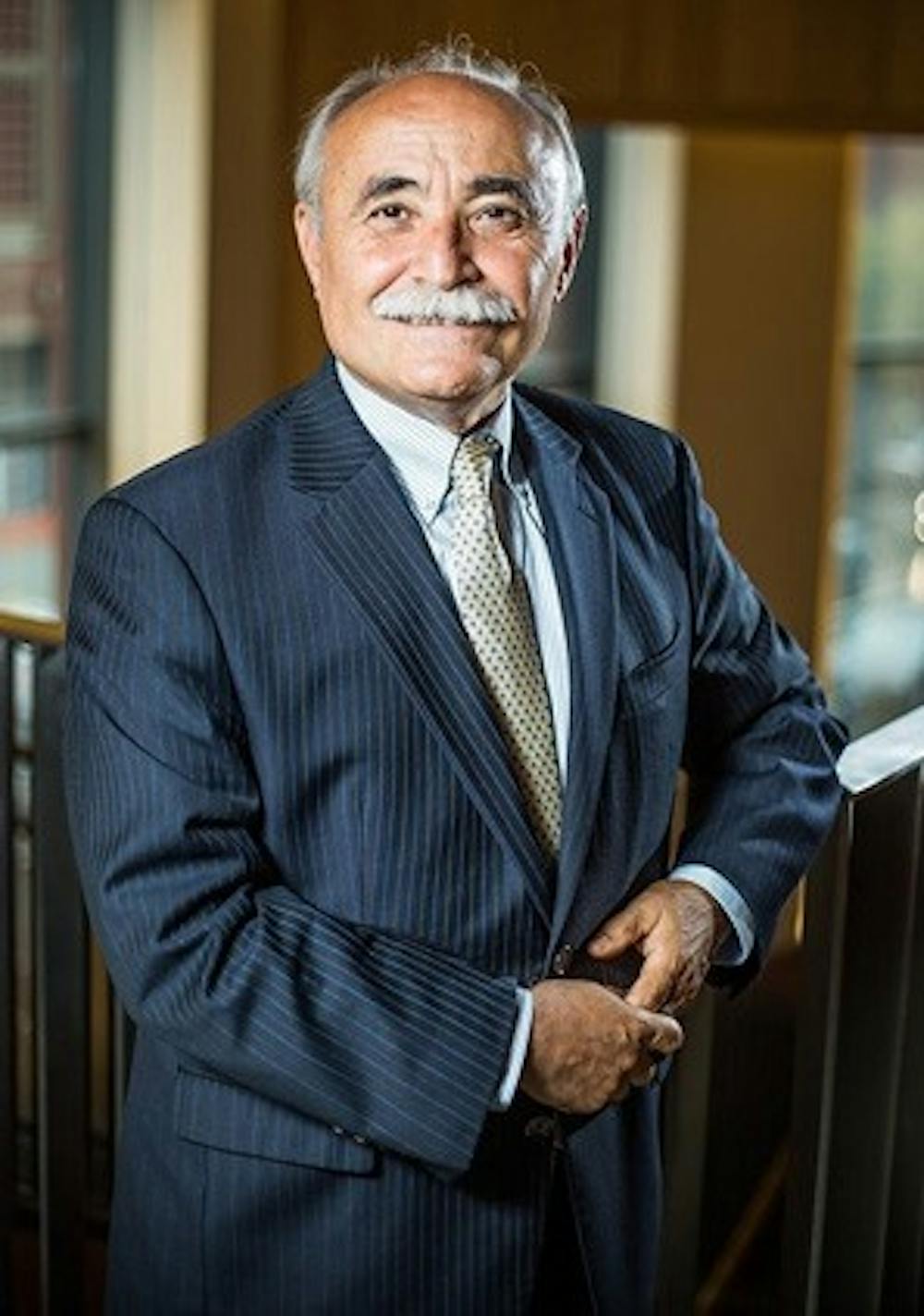Wharton students can now do community service as part of their coursework by taking a new Legal Studies class that examines how businesses can help solve social issues.
The course, Social Impact and Responsibility, is an Academically Based Community Service course facilitated by the Netter Center for Community Partnerships. While the Netter Center has offered ABCS courses since 1991, no courses have been offered in Wharton for the past several years.
The course is a seminar-style class that explores the role businesses can play in eliminating societal issues both locally and internationally. Students learn about global issues, and then partner with local organizations to develop community-based solutions, according to the syllabus. Students then have the option to submit their project proposals to a World Bank-sponsored competition known as Ideas for Action.
While the Social Impact and Responsibility class has been taught before, it officially became an ABCS class this year, after Wharton junior Gabriel Low advocated for the change.
“Part of the reason I really wanted to apply to Penn was because of their ABCS courses, but in Wharton, I realized that, unfortunately, there weren’t any current ABCS courses," Low said. "I felt like it’s a shame that there weren’t any courses that would fit into my business curriculum.”
Low approached the Netter Center with his idea to introduce Wharton ABCS courses, and he reached out to 10 Wharton professors he thought might be interested in teaching them. Three professors responded, but Legal Studies and Business Ethics lecturer Djordjija Petkoski was the only one who ended up teaching a course.

Petkoski said the new ABCS version of his class offers students more practical problem-solving experience than they received in past versions.
“For the last five years teaching courses on social impact and responsibility, I knew of today’s increased demand or interest from the students to have courses where they can more productively employ their knowledge,” Petkoski said. "They want to be a part of solving these problems."
Netter Center Associate Director Cory Bowman also said practical problem-solving is an important element of ABCS classes. He stressed the importance of collaboration between Penn and local communities.
“Our focus is always on real-world, local, collaborative problem solving,” Bowman said. “We have an obligation as residents of West Philadelphia and the city of Philadelphia to acknowledge the impact that we have, and the potential we have, and the potential benefits we have of working together.”
Faustine Sun, the Netter Center’s ABCS Research and Program Coordinator, said ABCS courses are designed to create mutual respect between Penn and surrounding communities.
"[ABCS is] a little more in-depth than interacting with the community in a superficial way, or in a problematic way,” Sun said. “The Netter Center, using our mission as a foundation, helps to develop the course in a way that fits what ABCS stands for.”
While the Netter Center works mainly with West Philadelphia organizations and schools, students are encouraged to choose a community project they are passionate about, defining ”community” as they see fit, Sun added.
Wharton is also offering a second ABCS course this semester, taught by Management professor Keith Weigelt. Weigelt’s class focuses on the Financial Literacy Community Project, a program designed to teach financial literacy to public school students in West Philadelphia.
Low said he hopes the introduction of ABCS classes in Wharton will help change negative perceptions of Wharton students.
”People have this misconception that Wharton students are snakes, and that they’re pre-professional, and that they only care about their jobs,” Low said. "A lot of Wharton students are really extremely genuine [and] care about solving real world problems."
The Daily Pennsylvanian is an independent, student-run newspaper. Please consider making a donation to support the coverage that shapes the University. Your generosity ensures a future of strong journalism at Penn.
Donate







